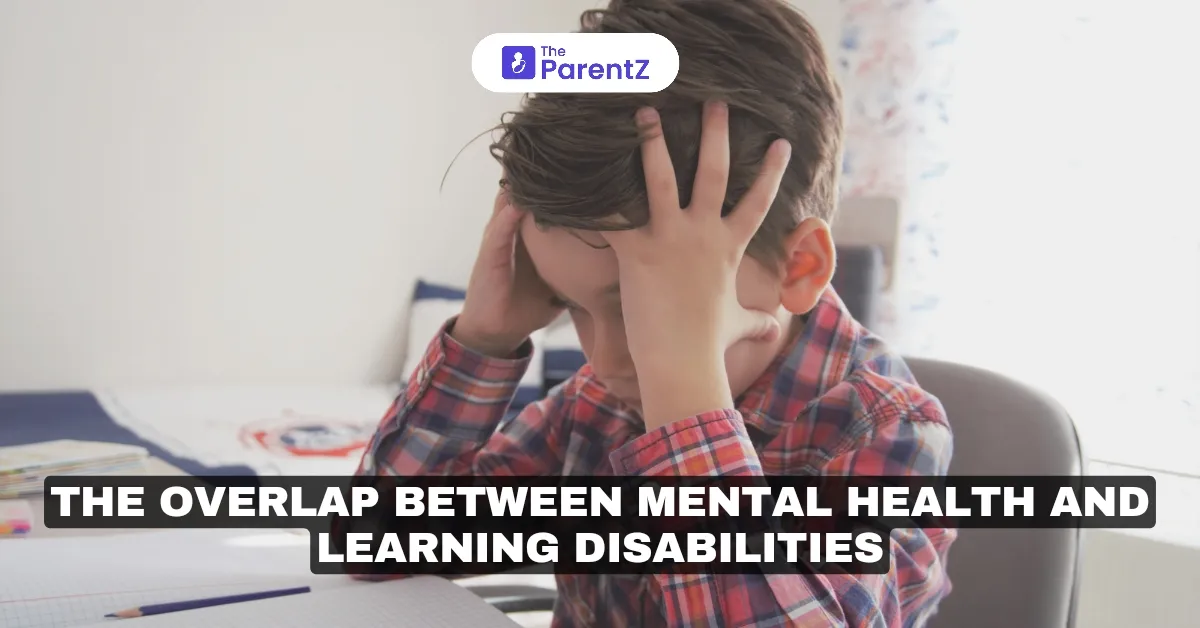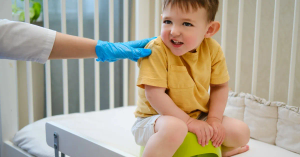Children and adolescents with learning disabilities (LD) often face unique challenges. When these challenges overlap with mental health issues, the impact on their overall well-being and academic performance can be profound. Understanding this overlap is crucial for parents, educators, and caregivers to offer timely support. In this article, we delve into the coexistence of learning disabilities and mental health concerns, supported by medical research, to help parents navigate this complex relationship.
What Are Mental Health Issues?
Mental health refers to emotional, psychological, and social well-being. It influences how individuals think, feel, and behave. Common mental health issues in children and adolescents include:
• Anxiety disorders: Excessive worry or fear that interferes with daily activities.
• Depression: Persistent sadness, loss of interest in activities, and low energy levels.
• Attention-Deficit/Hyperactivity Disorder (ADHD): Difficulty focusing, impulsive behavior, and hyperactivity.
• Autism Spectrum Disorder (ASD): Challenges in social interaction and communication, often paired with repetitive behaviors.
What Are Learning Disabilities?
Learning disabilities are neurological disorders that affect how individuals process information. They do not reflect intelligence but can interfere with specific skills like reading, writing, or math. Types of learning disabilities include:
1. Dyslexia: Difficulty with reading and language processing.
2. Dysgraphia: Problems with writing and fine motor skills.
3. Dyscalculia: Challenges with understanding numbers and math concepts.
4. Auditory Processing Disorder (APD): Difficulty in interpreting auditory information.
5. Nonverbal Learning Disabilities (NVLD): Struggles with nonverbal cues and spatial understanding.
The Overlap Between Mental Health and Learning Disabilities
Research highlights a significant overlap between mental health issues and learning disabilities. According to a 2020 study published in Child Development Perspectives, approximately 30-50% of children with LD experience mental health conditions.
Key Overlaps and Interactions:
1. Increased Emotional Distress: Children with LD often feel frustrated or misunderstood, leading to anxiety, depression, or low self-esteem.
2. Social Challenges: Difficulty in communication or learning can result in isolation and social anxiety.
3. Behavioral Issues: Impulsivity or hyperactivity in ADHD can exacerbate learning difficulties, creating a cycle of academic and emotional struggles.
4. Executive Function Deficits: Problems with attention, planning, and organization affect both mental health and academic performance.
Research Highlights on the Coexistence
• A study by Margalit and Al-Yagon (2002) in Journal of Learning Disabilities revealed that children with LD are more prone to anxiety and depression due to repeated academic failures and social rejection.
• The American Journal of Psychiatry (2020) emphasized the importance of early intervention, showing that children with LD and coexisting mental health issues respond better to therapy and tailored educational plans.
• Findings from the National Institute of Mental Health (NIMH) suggest that untreated mental health conditions in children with LD can lead to long-term consequences, such as substance abuse or poor employment outcomes in adulthood.
Practical Tips for Parents
1. Recognize Early Signs
• Frequent mood swings, irritability, or withdrawal might indicate mental health concerns.
• Academic struggles or a sudden drop in grades could signal a learning disability.
2. Seek Professional Help
• Consult a pediatric psychologist or educational specialist for a comprehensive evaluation.
• Work closely with schools to implement Individualized Education Programs (IEPs).
3. Promote a Positive Environment
• Celebrate small achievements to boost confidence.
• Encourage open communication to reduce stigma around mental health.
4. Explore Therapy Options
• Cognitive Behavioral Therapy (CBT) for managing anxiety and depression.
• Occupational therapy for addressing dysgraphia or motor skills challenges.
5. Foster Social Skills
• Organize playdates or enroll your child in group activities to build connections.
• Teach empathy and resilience to help them handle social situations better.
Different Types of Learning Disabilities Coexisting with Mental Health Issues
• Dyslexia and Anxiety: Struggles with reading may lead to test anxiety or fear of academic failure.
• ADHD and Dysgraphia: Difficulty focusing on writing tasks exacerbates frustration and impulsivity.
• NVLD and Depression: Trouble interpreting social cues often results in feelings of loneliness and sadness.
• APD and Social Anxiety: Misunderstanding verbal instructions can cause embarrassment and avoidance of group settings.
Verified Resources for Further Reading
• National Institute of Mental Health (NIMH): Comprehensive resources on mental health conditions in children.
• Learning Disabilities Association of America (LDA): Information on types of learning disabilities and intervention strategies.
• Child Mind Institute: Guides on coexisting LD and mental health issues.
Why Addressing This Overlap Matters
Early identification and support for children with both mental health issues and learning disabilities can dramatically improve their quality of life. Tailored interventions, parent education, and a supportive environment are essential to help them thrive academically, socially, and emotionally.
For further information, explore related articles on our website, including guides on special abilities, mental health strategies for children, and parenting tips for children with LD.
Conclusion
The coexistence of mental health issues and learning disabilities is complex but manageable with the right knowledge and resources. By understanding their interaction and seeking appropriate help, parents can empower their children to overcome challenges and reach their full potential.






